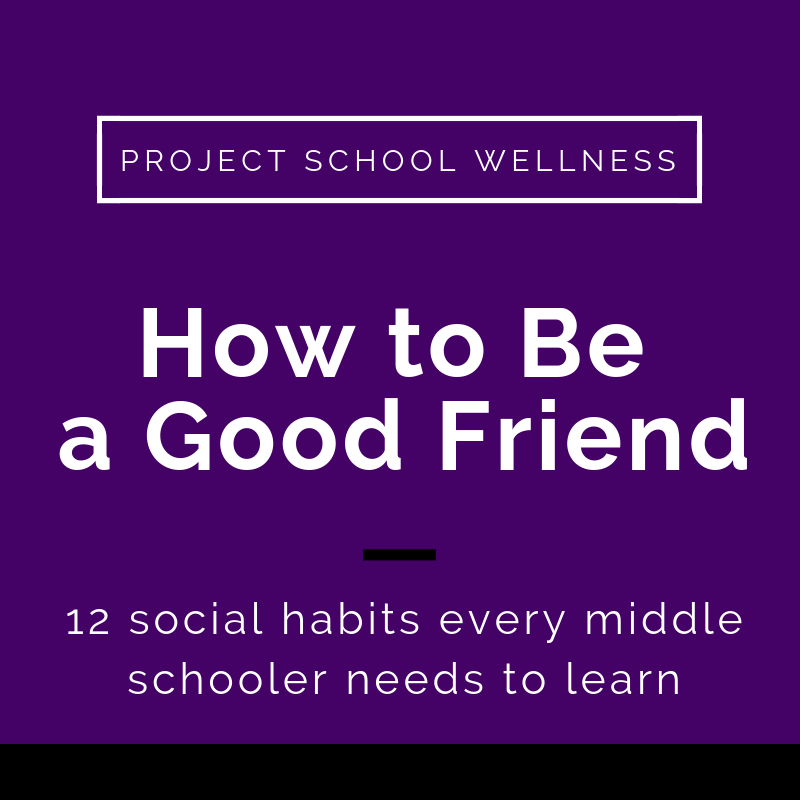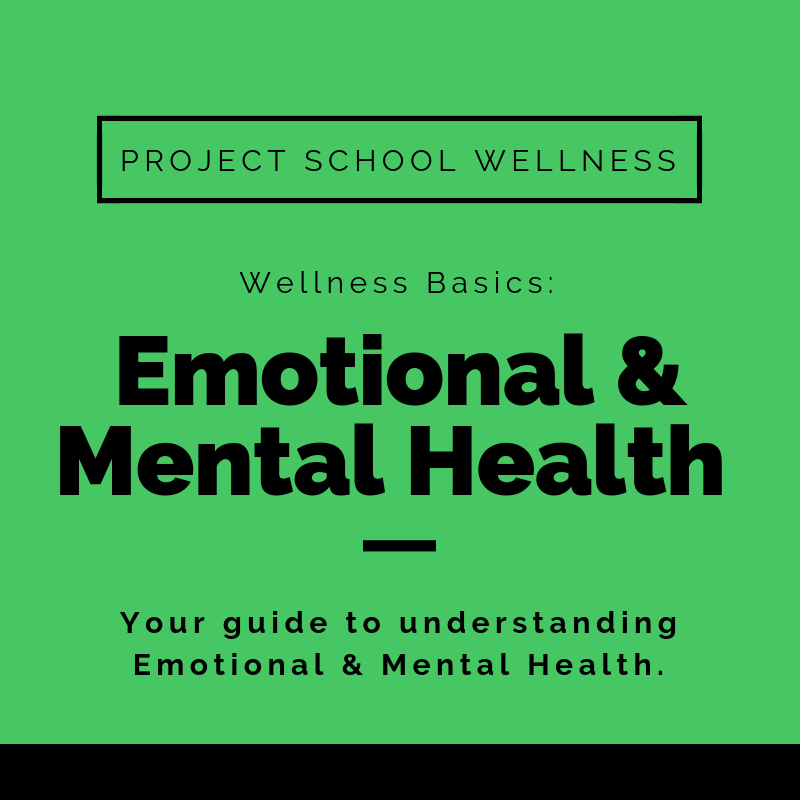A Conversation With Students About Vaping
Five Things My Students Taught Me
Living right by a high school, I see countless teenagers every day. They walk past our house all day and almost every single kid I see is vaping. When I say nearly every kid, I’m not exaggerating. It’s rare that a see a kid not vaping.
As you can imagine, this is causing the health teacher (and parent) in me to be very concerned. Sure, it's anecdotal evidence, but when I talk to other teachers and read through the Health Teacher Central Facebook group, it’s clear that I’m not the only one worried.
Teachers are definitely doing a lot.
All over the country, teachers are working to lessen the prevalence of vaping. I’ve seen posters up in school bathrooms. I’ve read about schools suspending students for possession and use (Not an approach I personally agree with). I’ve heard about classroom projects on the effects of vaping. And more.
While I'm super impressed by the work my fellow health educators are doing, I have to ask...Is it working? Are these counter culture initiatives actually creating an impact on student behavior?
But students say we're NOT the ones that can make a difference.
Well, there's really only one way to know if we're making an impact on student behavior - - ask students.
So I decided to ask some students. First, I talked to a freshman I mentor. Then I sat down for lunch and had quite an illuminating chat with eight high schoolers.
Five Insights on Vaping From My Students
Of course, this too is anecdotal and may only reflect the reality of my students. But I think it will be insightful nonetheless.
Rather than reading a transcript of our conversation, I'm just gonna share five takeaways. Along with each piece of insight, I've also added a student quote from our talk.
1) Students Are The Ones Who Can Really Make a Difference
"Change really only comes from peer influence."
2) Prioritize Relationships Over Promoting Health Information
"Students will only listen to the teachers they respect and have a real relationship with. So teachers need to take time to bond with the students."
3) Do Your Research
"Too often teachers don’t know their facts, so they say something wrong, and it immediately puts off students to what the teacher is saying."
4) It's a Social Issue, Not a Drug Issue
"Teens don’t view it as substance abuse. They view it as the cool thing to do."
5) Telling Me It's Expensive Doesn't Really Matter
"The cost doesn’t keep teens from doing it. They can always find a way to get it from a friend."
So What Does This Mean?
First and foremost, my biggest take away from the conversation is that I need to talk to students more often. It's foolish to think that I can influence their behaviors without putting in the time to build a relationship with them and understand the world from their point of view.
Second, we need to empower our students to be leaders. This means we need to create space for them to teach and be examples. And we need to give them the tools to be great leaders.
And finally, if we want students to take ownership of their life and well-being, we have to make sure they know we're on their team and that we're rooting for them. This means less punitive punishment and more conversation and understanding.



Free Curriculum Sample
Sign up to receive 11 free heatlh lesson plans from the Project School Wellness Curriculum!
Hello. I'm Janelle!
A middle school health teacher turned curriculum developer. I'm on a mission to share the easiest-to-teach, most impactful health lesson plans on the Internet. Because your time and energy is better spent on teaching and connecting, not on planning and prep.




